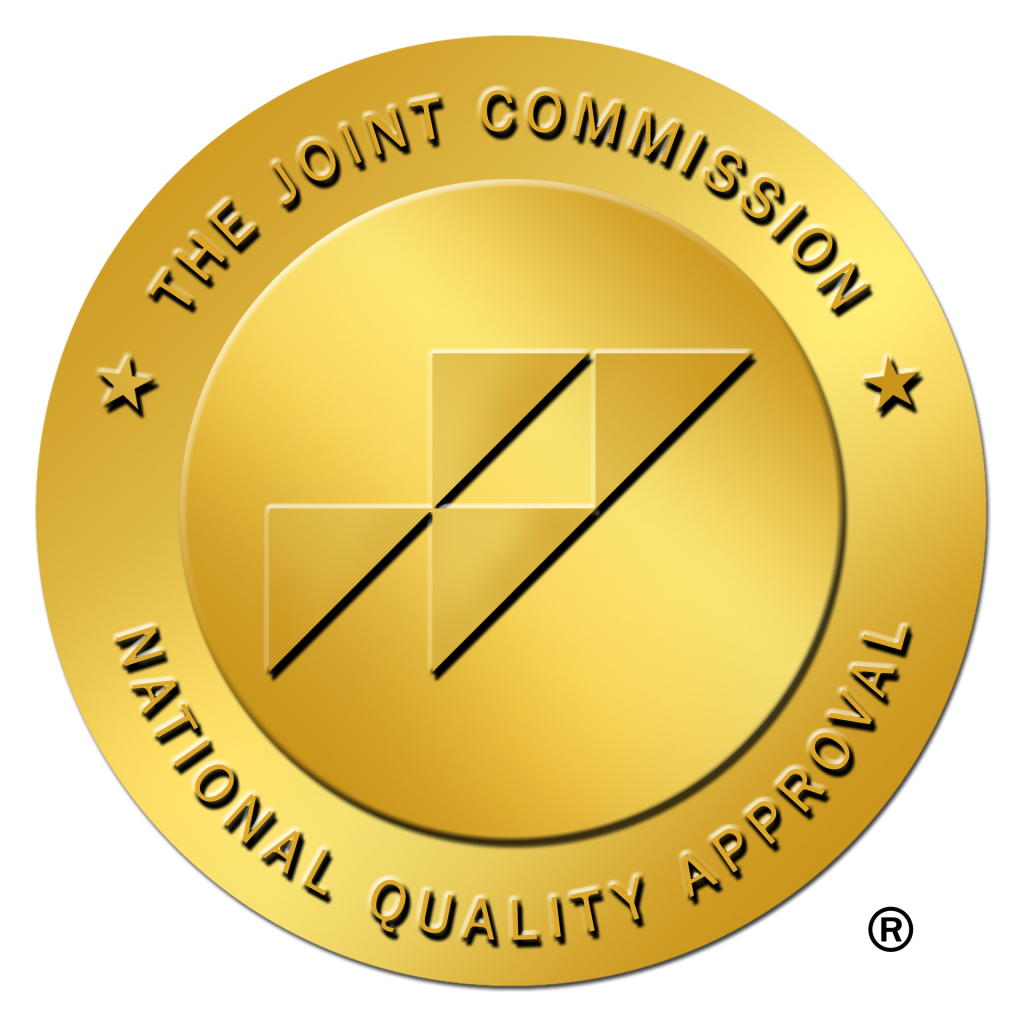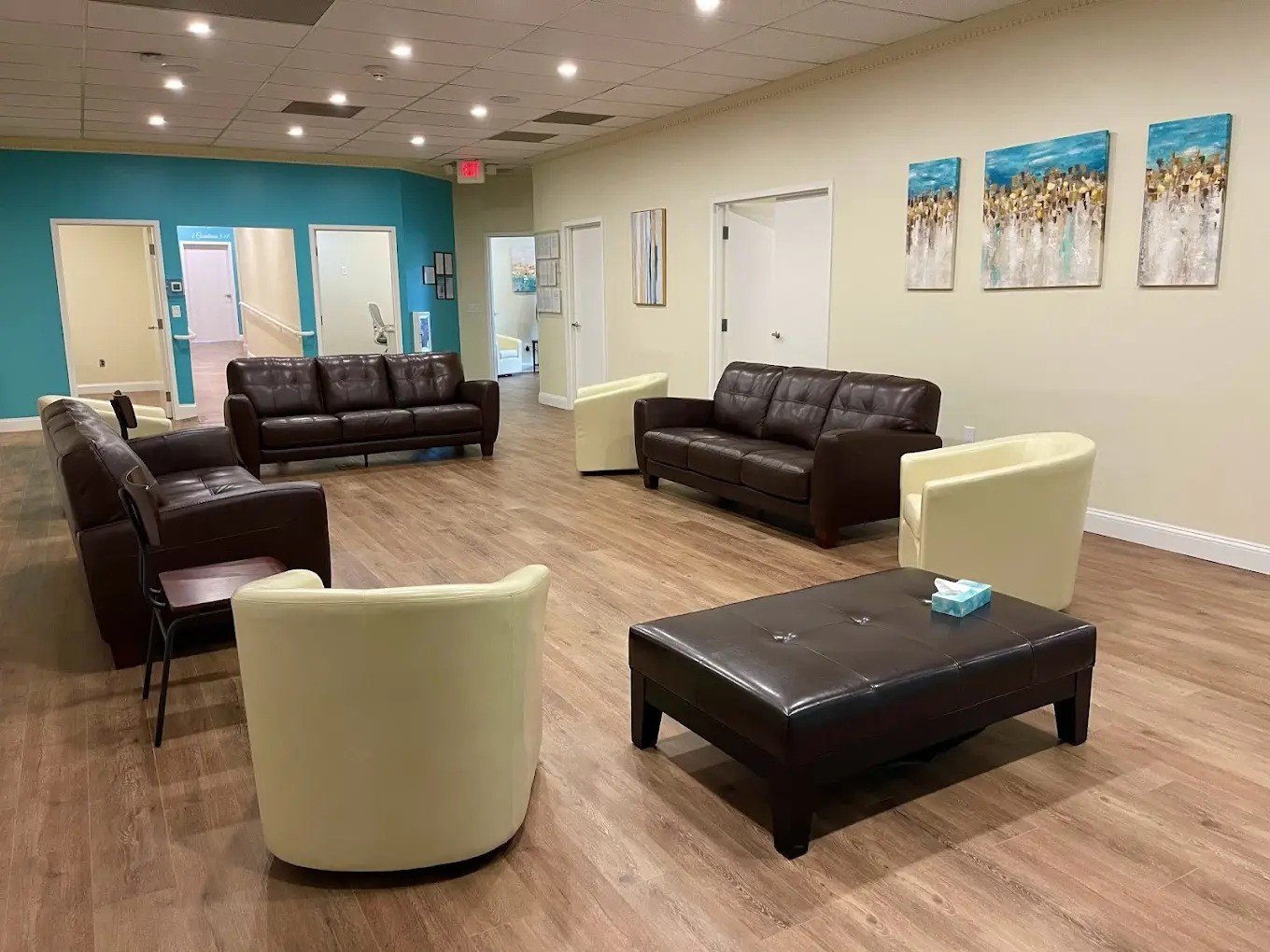Rehab Near Me
Exploring the Benefits of Outpatient Rehab
Outpatient rehabilitation offers a flexible approach to addiction treatment, making it an appealing choice for many individuals. By opting for outpatient care, patients can maintain their daily commitments such as work, school, and family responsibilities while receiving professional support. This model of care provides the necessary structure without the need for an extended stay at a facility.
New Chapter Recovery in Parsippany-Troy Hills, New Jersey exemplifies the advantages of outpatient rehab by offering programs tailored to fit various lifestyles. With options such as Partial Hospitalization Program (PHP), Intensive Outpatient Program (IOP), and Outpatient Program (OP), their services accommodate different levels of care needs while emphasizing measurable outcomes and personal growth.
Grasping Dual Diagnosis in Treatment
The intersection of substance use disorders and mental health conditions is commonly referred to as dual diagnosis. Addressing both aspects concurrently is crucial for effective rehabilitation. New Chapter Recovery utilizes a dual diagnosis approach, integrating trauma-informed clinical practices to tackle underlying mental health issues alongside addiction treatment.
By engaging in individual and group therapy, patients at New Chapter Recovery gain insights into how their mental health struggles and substance use are intertwined. This holistic approach enables a more comprehensive understanding of their condition, ultimately leading to more effective recovery strategies.
Innovative therapies such as Cognitive Behavioral Therapy (CBT), Dialectical Behavior Therapy (DBT), and Acceptance and Commitment Therapy (ACT) lay the groundwork for a robust dual diagnosis model. These therapies, combined with evidence-based practices, provide a well-rounded treatment experience.
Personalized Treatment Plans
A key component of successful rehabilitation is the development of personalized treatment plans. At New Chapter Recovery, each client receives a comprehensive assessment to tailor their treatment journey. This individualized approach ensures that unique needs are met, whether they involve medication-assisted treatment, counseling, or specialty tracks.
The center’s multidisciplinary clinical team collaborates to design and implement these plans, adjusting strategies as clients progress. This dynamic coordination supports both short-term objectives and long-term recovery goals, promoting enduring sobriety.
Specialty tracks, such as animal-assisted therapy and faith-based recovery, offer additional layers of support, addressing diverse client interests and motivations. These unique offerings highlight New Chapter Recovery’s commitment to comprehensive care.
Specialty Tracks for Diverse Needs
Every individual’s journey through recovery is unique, and New Chapter Recovery recognizes the importance of offering varied therapeutic options. By introducing specialty tracks, they cater to specific client demographics and preferences. Veterans, for instance, can benefit from treatment programs that consider the nuances of military life and experiences.
Animal-assisted therapy is another innovative offering that provides emotional support through the companionship of therapy animals. This approach leverages the therapeutic benefits of human-animal interaction, promoting peace and emotional regulation.
Faith-based recovery programs allow clients to explore spirituality as a vital component of their healing process. These tracks offer a supportive environment where participants can connect with like-minded individuals, enhancing the overall recovery experience.
Each specialty track fulfills a particular niche, ensuring that clients receive the most relevant and effective care available for their circumstances.
Comprehensive Support for Veterans
Veterans often face unique challenges when it comes to addiction recovery. At New Chapter Recovery, specialized support programs cater specifically to these individuals. By offering treatment options through VA and Tricare benefits, veterans receive care tailored to their experiences and needs.
Programs emphasize aspects such as transition from military to civilian life, dealing with trauma, and other service-related issues. The treatment center’s focus on dual diagnosis further aids in addressing the mental health concerns often prevalent among veterans.
The Role of Family Support in Recovery
Family involvement is a pivotal factor in the journey to sobriety. Recognizing this, New Chapter Recovery includes family support in its treatment programs. By engaging loved ones in therapy sessions, they help rebuild trust and foster a supportive home environment.
These family sessions educate participants about substance use disorders, providing tools to manage stressors and prevent relapse within family dynamics. Open communication and shared understanding between the recovering individual and their family are fundamental to sustained recovery.
Addressing Relapse Prevention
A critical aspect of any rehab program is relapse prevention. At New Chapter Recovery, clients are equipped with strategies to maintain sobriety long after treatment concludes. This involves setting realistic goals and identifying triggers that may lead to substance use.
The center employs evidence-based therapies alongside experiential approaches to solidify relapse prevention plans. Techniques such as motivational interviewing support the development of coping mechanisms and bolster confidence, helping clients navigate everyday challenges.
By instilling a strong foundation for self-efficacy, New Chapter Recovery prioritizes sustainable long-term recovery.
Navigating Insurance and Admissions
The process of admitting into a rehab center should be seamless and stress-free. New Chapter Recovery offers fast, confidential admissions, ensuring rapid access to necessary care. An adept admissions team handles insurance verifications, streamlining the entry process.
Understanding the complexities of insurance benefits can be daunting, but New Chapter Recovery assists clients in exploring both in-network and out-of-network options. This support is an integral part of their mission to make quality rehabilitation accessible to all.
Measuring Success in Outpatient Recovery
Success in rehab is not just about sobriety; it is about achieving personal milestones and improved quality of life. New Chapter Recovery emphasizes this through individualized goal setting, allowing clients to track their progress and celebrate achievements.
Therapeutic modalities such as CBT, DBT, and experiential therapy offer tangible metrics of progress. Clients receive regular assessments, adjusting treatment plans as needed to support continued advancement.
This emphasis on measurable outcomes demonstrates New Chapter Recovery’s commitment to genuine, long-lasting recovery. By continuously evaluating and adapting their approach, they ensure that clients remain on a path toward sustained well-being.
What are the benefits of outpatient rehabilitation?
Outpatient rehabilitation, like the programs offered by New Chapter Recovery, offers flexibility and allows individuals to maintain their daily routines, such as work and family obligations, while receiving treatment. This approach not only accommodates different schedules but also fosters a sense of normalcy, which can be crucial for recovery. For many, the ability to sleep in their own bed and continue their daily responsibilities while undergoing treatment enhances their motivation to succeed. Additionally, outpatient care often costs less than inpatient treatment, making it a more accessible option for many families. The real-world application of coping strategies learned during therapy sessions helps reinforce recovery as you practice skills in real-life scenarios after each session.
How does dual diagnosis treatment work?
Diving into dual diagnosis treatment, New Chapter Recovery employs a multifaceted strategy to tackle both substance use and mental health disorders simultaneously. This integrated approach is crucial because mental health issues often exacerbate addiction and vice versa. For example, someone with anxiety might use alcohol to self-medicate, which in turn can increase anxiety over time. By addressing both issues concurrently through therapies like CBT and DBT, clients can break this cycle. The center’s goal is to provide a comprehensive treatment plan that heals the whole person, not just the addiction. Engaging in both individual and group therapies allows for shared experiences and personal insight, creating a supportive community that fosters healing.
Why are personalized treatment plans important in rehab?
Personalized treatment plans are essential because no two individuals are alike in their journey to recovery. At New Chapter Recovery, every client undergoes a thorough assessment to tailor a treatment plan specifically for their needs. This individualized attention ensures that the unique aspects of each person’s addiction and mental health are addressed appropriately. For instance, some may benefit from medication-assisted treatment, while others may thrive through specialty tracks like animal-assisted therapy. Personalization also means evolving the plan as the client progresses, responding dynamically to their changing needs, which aids in achieving long-term sobriety. Ultimately, personalized plans help maximize the chances of a successful recovery by directly addressing the client’s specific challenges and strengths.
What specialty tracks are available for diverse needs?
New Chapter Recovery recognizes that every client’s journey is unique, offering specialty tracks that cater to different demographics and interests. For veterans, they provide programs that focus on the particular challenges that come with transitioning from military to civilian life, such as dealing with trauma. Animal-assisted therapy is another innovative option that uses the comfort of animals to aid emotional healing and regulation. Faith-based recovery programs offer spiritual support and connect clients with similar values, fostering a community environment that enhances recovery. These specialty tracks ensure that clients can choose paths that resonate with their personal beliefs and experiences, offering a more comfortable and effective recovery process.
How does family support influence recovery?
Family support is a cornerstone of recovery, as it can significantly impact the healing process. At New Chapter Recovery, family involvement is integrated into the treatment program through family therapy sessions. These sessions are designed to improve communication and rebuild trust, creating a healthy home environment conducive to recovery. Imagine the difference in recovery outcomes when a client returns to a supportive family who understands the challenges of addiction rather than one that is unaware. Educating family members about substance use disorders can help them provide better support and prevent potential relapses. This collaborative approach empowers both the client and their family to work together towards sustained sobriety, fostering long-term success.
How is relapse prevention addressed in rehabilitation programs?
Relapse prevention is a critical component of effective rehabilitation. At New Chapter Recovery, clients receive practical strategies to identify and manage triggers that could lead to a relapse. Techniques such as motivational interviewing and experiential therapy help clients build confidence in their ability to remain sober. For example, identifying a high-stress work environment as a trigger allows clients to develop specific coping mechanisms tailored to that scenario. This personalized approach instills a sense of self-efficacy in clients, supporting their ability to handle real-world challenges. By focusing on realistic goal-setting and ongoing assessments, the center ensures clients are well-prepared to maintain their recovery long-term.
How does the admissions process work at outpatient rehab centers?
The admissions process at most outpatient rehab centers, such as New Chapter Recovery, is designed to be swift and straightforward. They offer free confidential assessments to understand each potential client’s needs thoroughly. Once the assessment is completed, their admissions team handles insurance verifications to expedite the process and reduce stress for the client. With services like same-day admissions, clients can begin receiving the care they need almost immediately. This efficient process ensures that therapeutic interventions can start as soon as possible, supporting a quicker transition into recovery. Additionally, the center’s insurance verification team is adept at navigating both in-network and out-of-network options, making quality care more accessible.
How is success measured in outpatient recovery programs?
Success in outpatient recovery is often measured beyond just sobriety; it includes achieving personal milestones and improved quality of life. At New Chapter Recovery, clients are encouraged to set individualized goals, which allows them to track their progress throughout the treatment. For example, maintaining a stable job or repairing family relationships can be significant markers of success. Regular evaluations ensure that treatment plans adapt to continue supporting the client’s advancement. By prioritizing measurable outcomes and celebrating successes no matter how small, the center fosters a positive recovery atmosphere. This holistic view of success helps clients recognize their achievements, motivating them to sustain their recovery journey. How do you measure success in your personal life?
Resources
- Substance Abuse and Mental Health Services Administration (SAMHSA) – SAMHSA is a government agency that leads public health efforts to advance the behavioral health of the nation. They provide resources and information on substance abuse prevention, treatment, and recovery.
- National Alliance on Mental Illness (NAMI) – NAMI is a grassroots mental health organization that provides advocacy, support, and education to individuals and families affected by mental illness. They offer resources on dual diagnosis and mental health treatment.
- American Psychiatric Association (APA) – The APA is a professional organization representing psychiatrists in the United States. They offer resources on mental health treatment, including information on evidence-based therapies for dual diagnosis.
- U.S. Department of Veterans Affairs – The VA provides healthcare services to military veterans, including addiction treatment and mental health services. They offer comprehensive support programs tailored to the unique needs of veterans.
- National Institute on Drug Abuse (NIDA) – NIDA is a government research institute that works to advance science on the causes and consequences of drug use and addiction. They offer resources on relapse prevention and evidence-based addiction treatment.
- Insurance.com – Insurance.com is a resource for information on insurance options, including health insurance coverage for addiction treatment. They provide guidance on navigating insurance benefits for rehab services.






